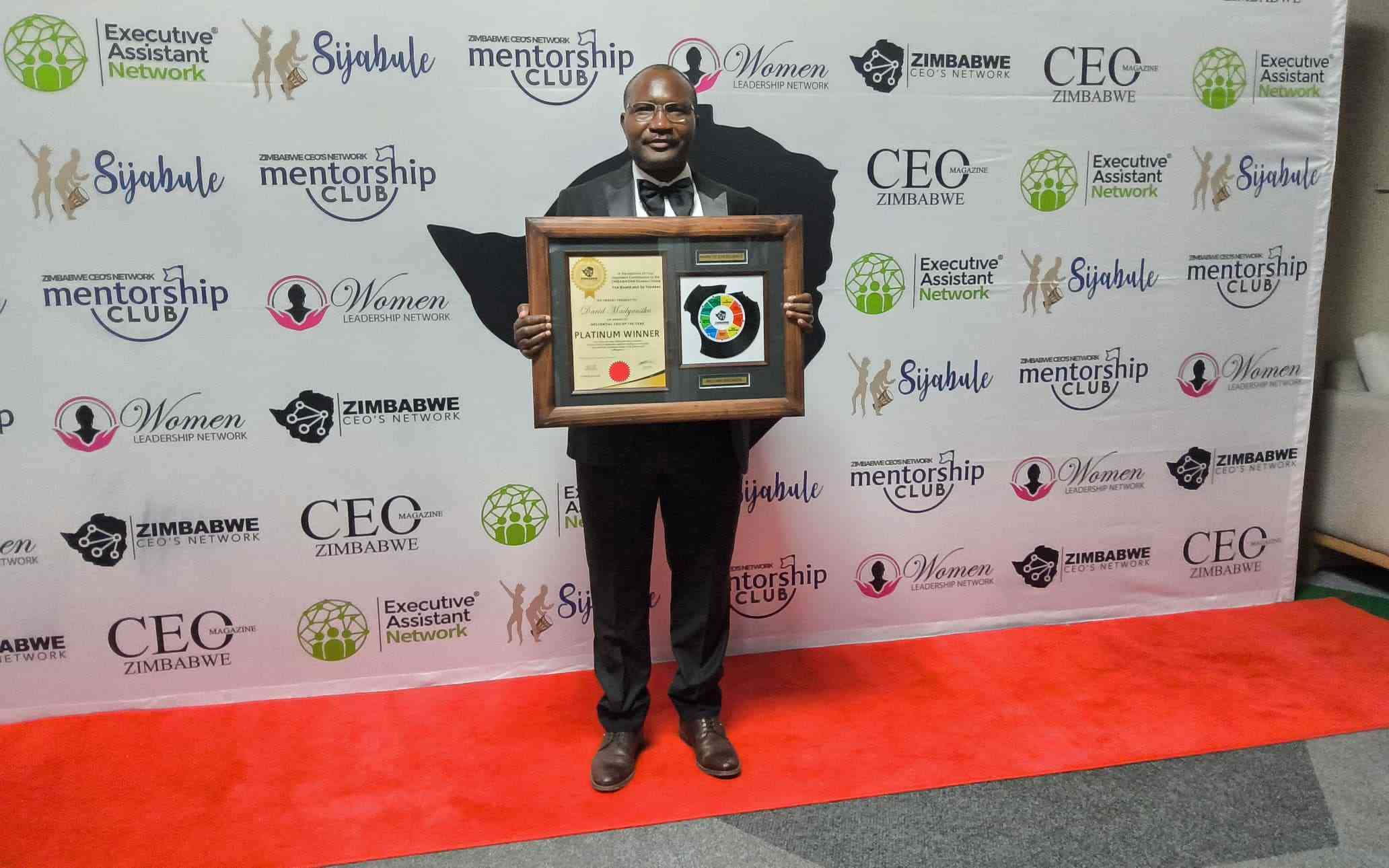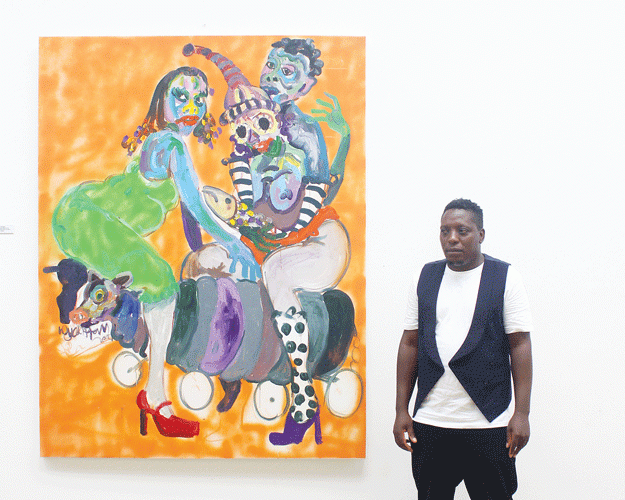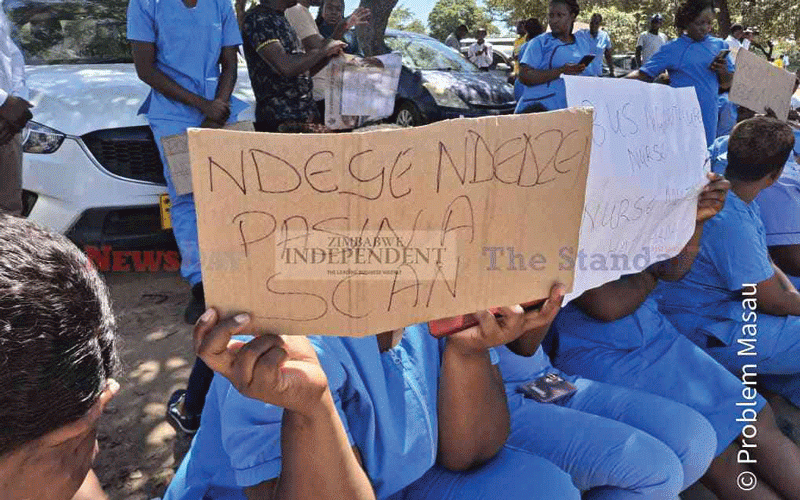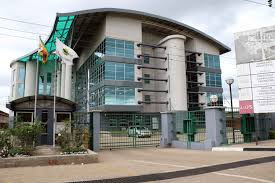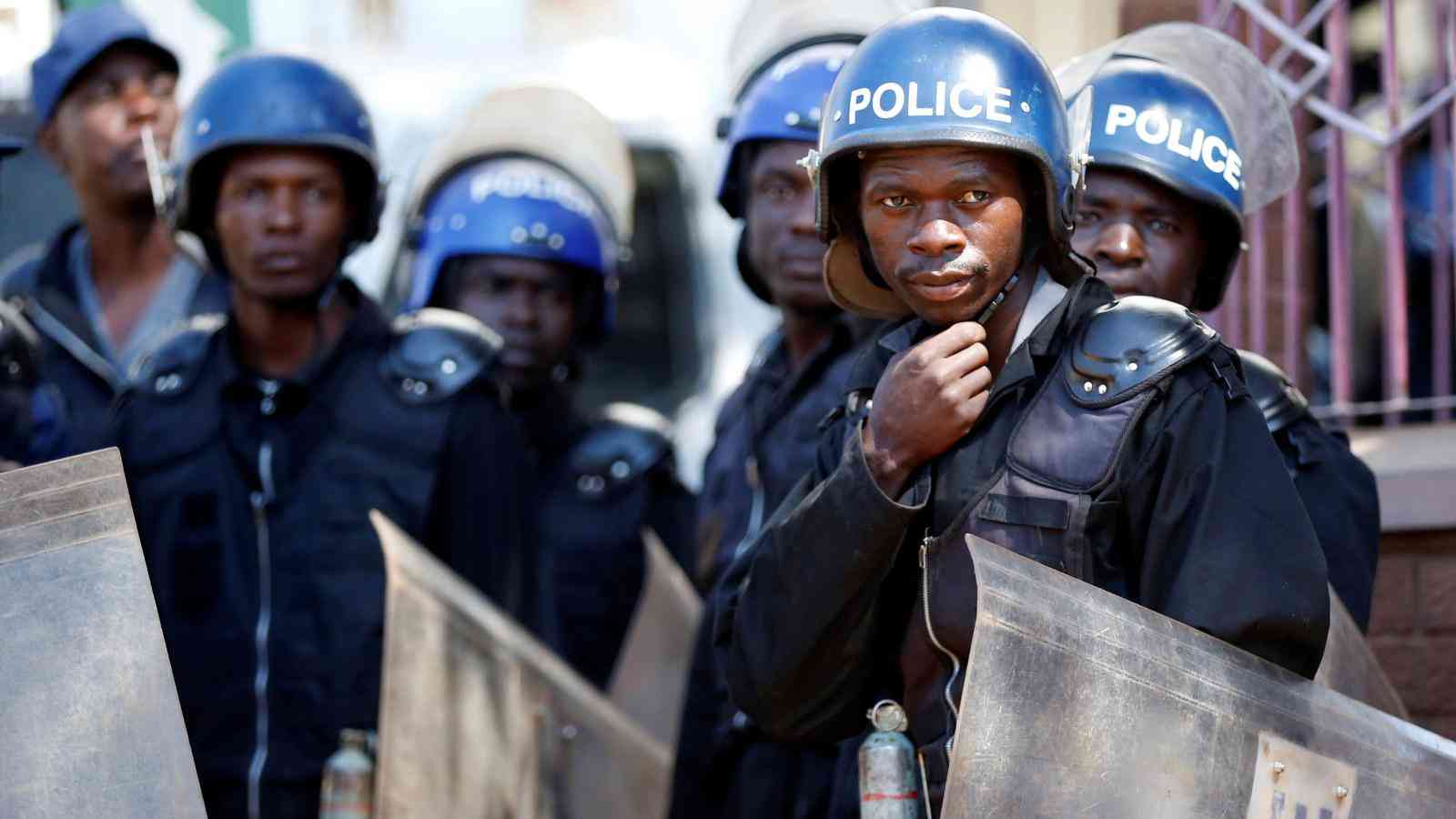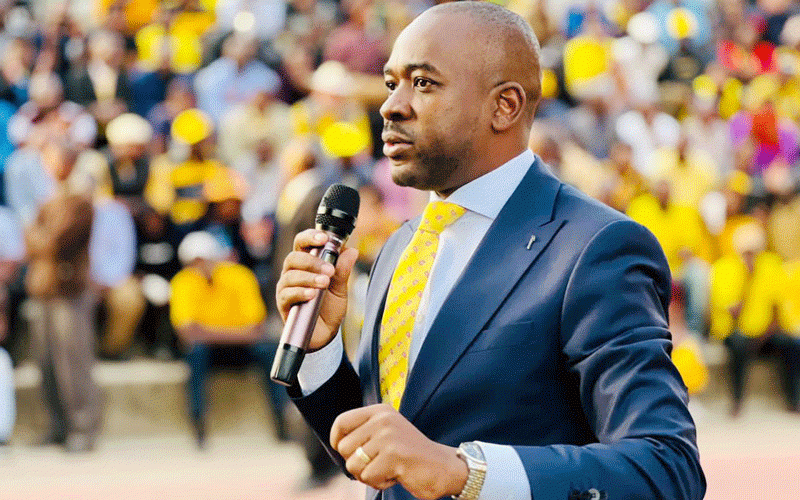
OPPOSITION Citizens Coalition for Change (CCC) leader Nelson Chamisa says he will free all political prisoners and the Judiciary from State capture, as part of his key deliverables in 100 days once elected into office.
He says he will also reform the police, army and Central Intelligence Organisation (CIO).
The CCC leader will tussle it out with Zanu PF candidate, President Emmerson Mnangagwa and eight other candidates for the top post in Zimbabwe.
Chamisa announced his ambitious plan on Tuesday in Bulawayo when he was unveiling his election manifesto titled A New Great Zimbabwe for Everyone.
The 100-page blueprint is anchored on five pillars, which include restoration, reconstruction, modernisation, transformation and reconciliation.
Chamisa said Zimbabwe suffered from a crisis of governance, characterised by the weaponisation of the law against critics, breakdown of the rule of law, judicial capture and politicisation of State security institutions.
“The Zimbabwean crisis is essentially a crisis of governance. It is a crisis of leadership. The last 43 years have seen the dangers, failures and weaknesses of parasitic politics reflected in stale and dysfunctional institutions,” Chamisa said as he promised to free political prisoners.
“The current Zimbabwe is evidence of the horridness of corrosive politics, extractive institutions, fear, collapse of the rule of law, corruption, patronage and prebendalism (selfish, greed and reward of cronies).”
- Mr President, you missed the opportunity to be the veritable voice of conscience
- ED to commission new-look border post
- Zanu PF ready for congress
- EU slams Zim over delayed reforms
Keep Reading
CCC member Job Sikhala has been in remand prison since June last year on charges of inciting public violence at the funeral of slain party activist, Moreblessing Ali.
Transform Zimbabwe leader Jacob Ngarivhume is serving a four-year jail term on a charge of inciting public violence in July 2020. Several other CCC members and human rights defenders also face various charges amid concerns over the muzzling of dissent through harsh legislation.
Chamisa said Zimbabwe would not progress with a captured Judiciary.
“The citizens’ government undertakes to ensure the independence of the Judiciary and other institutions in line with the Constitution and Sustainable Development Goal 16,” he said.
“This will be done through the following: Ensuring the full independence of the Judiciary; making adequate budgetary allocations to the Judiciary; ensuring that all judicial appointments are based on merit and competency, as well as public testimonials in line with public interviews conducted by the Judicial Service Commission.”
The Judiciary has in the past said it is independent and does not take instructions from the Executive.
According to Chamisa, the country’s security services are compromised and need urgent reform.
“The citizens’ government will transform and maintain a formidable citizens security and safety framework through the Zimbabwe National Army, Air Force of Zimbabwe, Central Intelligence Organisation and Police Service,” he said.
“We shall build an army that supports the establishment of democratic institutions in Zimbabwe, where citizens live in happiness, peace and safety as they freely participate in the progressive governance of Zimbabwe.”
He also said his government would clip the powers of the dreaded spy agency, CIO, by ensuring that it is governed by an Act of Parliament defining and limiting its powers. “Re-orientation of the services shall be part of the transformation agenda. Expanding the scope of the intelligence services to assist in economic and financial crimes including money laundering and illicit deals.”
Chamisa also said his government would remove the local currency that President Emmerson Mnangagwa reintroduced in 2019 after a decade of dollarisation.

